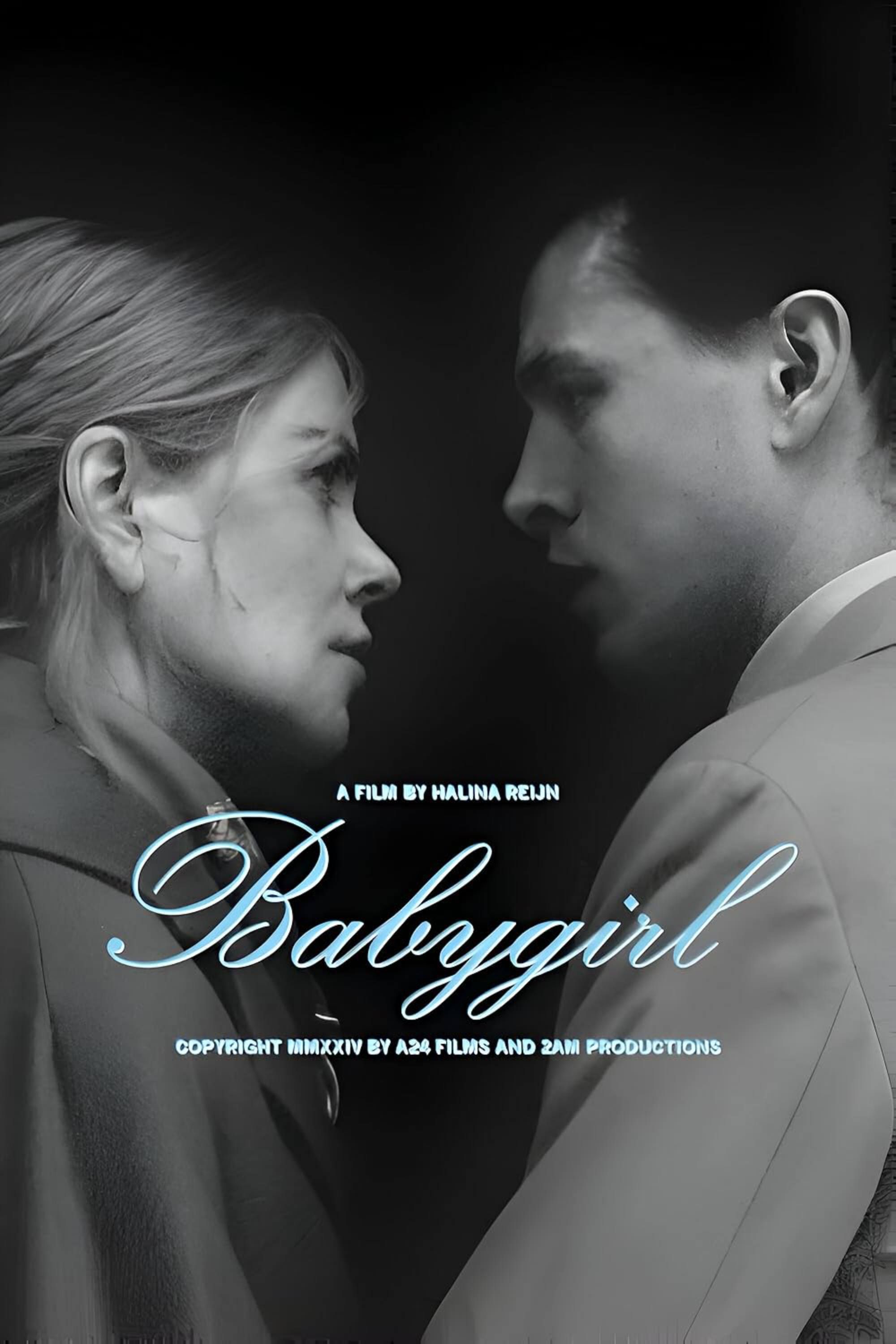Warning: this article contains spoilers for Babygirl.
Babygirl features an interesting roke for Harry Dickinson after his involvement in a 2022 Oscars Best Picture nominee. After its December 2024 theatrical release, Babygirl is one of A24’s most financially successful movies, with Nicole Kidman delivering a fantastic performance. Babygirl‘s positive reviews point to its leading performances as a strong point along with the film’s ability to discuss the topics of sexuality, love, and forgiveness in an erotic thriller that feels updated for the 21st century.
Babygirl’s cast features a great leading performance by Kidman as CEO Romy Mathis, but Dickinson’s role as her intern Samuel is equally impressive. His dominating personality helps the movie examine power dynamics, as Romy takes on a submissive role. While Dickinson’s performance is certainly interesting on its own, it is made even better by the fact that, just two years earlier, he starred as a character that is almost the complete opposite, showing the impressive range of his acting abilities.
Babygirl Gives Harris Dickinson The Complete Opposite Role To Triangle Of Sadness
Dickinson’s Character In Triangle Of Sadness Is Far More Submissive
While his character Samuel in Babygirl is dominant in his relationship with Romy, Dickinson’s character in 2022’s Triangle of Sadness is the complete opposite. Dickinson stars as Carl, a male model, who seems somewhat uncomfortable with the attention that his appearance brings him. His shyness is also a major factor in his relationship with Yaya (Charlbi Dean), as she regularly orders him around and forces him to pay for everything despite earning more money than him. Where Samuel is confident and happy to order Romy around, Carl is shy and unable to stick up for himself.
In both his relationship with Yaya on the yacht and with Abigail on the island, Carl allows himself to be controlled rather than stand up for himself and break the status quo.
Carl and Yaya go on vacation on a luxury yacht, which later sinks, and while shipwrecked on an island, Carl once again becomes submissive in his relationship. However, this time, Carl is submissive to the yacht’s cleaning woman, Abigail. Carl begins sleeping with the older woman to gain the relative safety of living in an enclosed lifeboat which Abigail takes control of. In both his relationship with Yaya on the yacht and with Abigail on the island, Carl allows himself to be controlled rather than stand up for himself and break the status quo.
Why Both Roles Work So Well For Harris Dickinson
The Contrast In The Roles Showcases His Acting Skills
Both Triangle of Sadness and Babygirl are great films, and Dickinson’s performances add an interesting layer to each of their messages. Dickinson’s role in Triangle of Sadness focuses on Carl’s inability to ask for what he wants or needs from a relationship or just to be happy with his life more generally, as is visible through his clearly unhappy relationship with Yaya, whom he has nothing in common with. At every turn of the dark comedy movie, as their situation gets worse, Carl does not do anything to change his behavior until Triangle of Sadness‘ ambiguous ending.
Babygirl is now playing in theaters and Triangle of Sadness is available to stream on Hulu.
In contrast, Babygirl gives Dickinson a completely different character that goes to the opposite extreme in his dominant personality. As Samuel bosses Romy around, which allows both of them to experience pleasure, audiences can see the range of Dickinson’s acting skills. He is entirely believable as Samuel because he accurately highlights the stakes involved in their relationship. While Carl seems completely detached from his sexual desires, Samuel is completely passionate and invested in his domination of Romy, making audiences care what happens to Samuel and Romy, even though they are in the wrong.
Babygirl And Triangle Of Sadness Each Explore Desire, But In Different Ways
The Movies Both Highlight Characters’ Desires And Their Consequences
Beyond Dickinson playing a main character in both films, Babygirl and Triangle of Sadness actually touch on several of the same themes. While Triangle of Sadness largely functions as a satirical critique of wealth, it also features themes of gender roles and desire, particularly through Dickinson’s character. Both Babygirl and Triangle of Sadness reflect on gender and power dynamics. Triangle of Sadness does this through Carl’s uncertainty about his male identity. Likewise, Babygirl allows Romy to reject gendered stereotypes through her high-powered job while complicating things through her sexual preference for domination.
Related
Babygirl Wonderfully Subverts Expectations With 1 Character Thanks To An Actor’s History
Nicole Kidman’s new erotic thriller Babygirl perfectly subverts expectations by avoiding one actor’s history, and the movie is the better for it.
Both films make use of the complexities of their characters’ desires, or in Carl’s case, his seeming lack thereof until the film’s end, but they also examine the consequences of desire. In Triangle of Sadness, the characters’ desires for wealth and their materialism ultimately lead to their downfall. In Babygirl, Samuel and Romy’s affair leads to consequences in her family life and the discovery of the affair by several colleagues. The multifaceted and open-ended approach to desire and consequences that both Triangle of Sadness and Babygirl have is what ultimately helps make them such interesting and great movies.

A high-powered CEO risks everything when she embarks on a passionate and illicit affair with her much younger intern.
- Release Date
-
December 25, 2024
- Runtime
-
114 Minutes
- Director
-
Halina Reijn
- Writers
-
Halina Reijn
This story originally appeared on Screenrant

